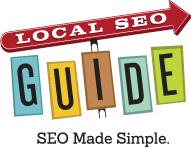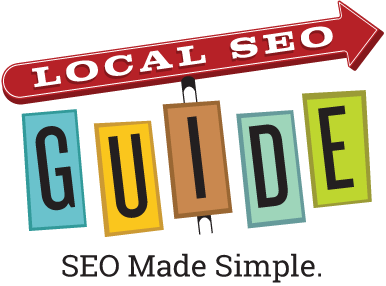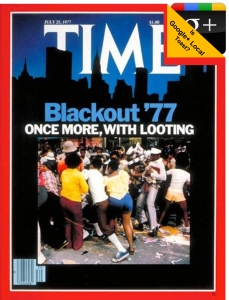I was at Shea Stadium during the NYC blackout of 1977. It’s was pretty cool. The lights went out at Shea first so we got to watch all of Manhattan go dark one block at a time – we were high up in the cheap seats. When big events happen, what we were doing, where we were, etc. often stick in our memories. The recent separation of Google My Business and Google Plus is not one of those events.
A reporter asked me what I thought of the news and I wrote enough of a response that I thought it worth publishing on these august pages:
- It’s a pretty common refrain that any time Google changes something, the businesses that are directly affected by that change start complaining that Google is screwing them. So in a lot of ways the decoupling of Google Plus Local from Google My Business is no different than say Google changing the rules on Adwords resellers or releasing a “bug” that specifically screws Yelp & TripAdvisor. So on one hand, we all just need to deal with it and figure out how to adapt our strategies to the new world order. Perhaps where this event is different is that small local businesses (SMBs) are a huge part of Google’s ecosystem, perhaps the biggest, and they are the ones who get hurt the most by these kinds of about-faces. Any of them who had invested in their Google Plus Local pages now are seeing that effort as wasted time, and these are the types of businesses where an hour or two of time wasted on a digital marketing effort can be a big setback. So this gives SMBs yet another reason to not trust Google and to find ways of getting customers outside of Google. It’s hard to say that Google is actively trying to screw SMBs, but it’s easy to see how SMBs may get that feeling by Google’s actions. Google needs to clearly define how SMBs are supposed to interact with Google, lay out a long-term path and broadcast far in advance when they are going to make serious changes to that path.
- For large and small multi-location brands, this is probably a net positive. One of the first things we get asked when talking to a potential multi-location client is how much they should be investing in Google Plus. Now they know for certain the answer is “none”.
- For those of us who have been observing Google for a while, we haven’t invested a huge part of our business, or our clients’ businesses, in using Google Plus. Sure we have tested it over the years, but it never seemed to be a valuable part of a customer attraction or retention strategy, particularly when compared to Facebook for certain types of businesses. We have always been focused on Google My Business and making sure our Local clients appear in relevant local search queries on Google Web results and Google Maps. So I’d be surprised if this change is a meaningful event for any SEO company or their clients. It hasn’t been for us.
- Perhaps the most interesting part of this change is that Google is changing the way the Google Places API works. It used to pull the URL from the GMB profile page URL but now it only uses the CID code for each business. We saw this change about a week before the Google Plus Local/GMB decoupling and a lot of local tool developers had to scramble to figure out how they were going to update their data. We are still seeing a lot of fallout from that. As always, the lesson is if you build your business on someone else’s platform, don’t be surprised when at some point they pull the rug out from under you.
I probably could have saved some time by just responding with “What Mike said…”.



No Comment